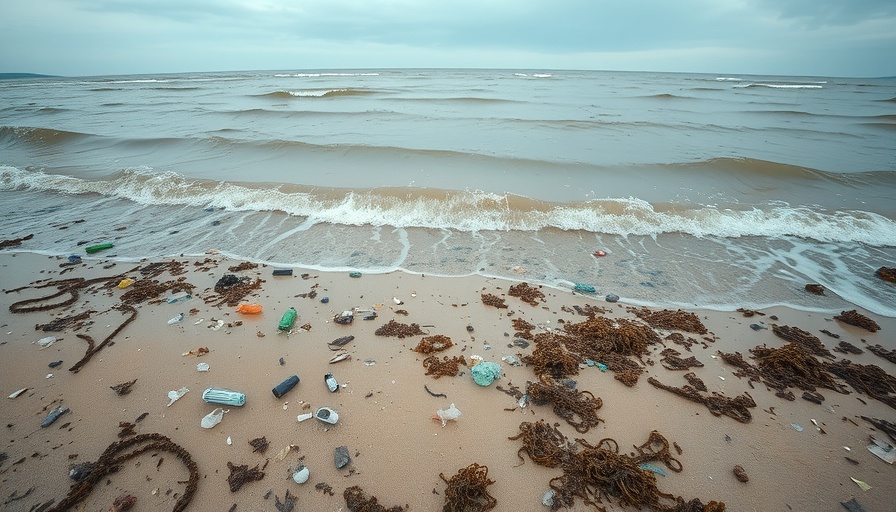
Fecal Contamination Shuts Down Summer Fun
As summer winds down, thousands of Americans are gearing up for one last excursion to the beach this Labor Day weekend—only to find many locations are warning against swimming due to fecal matter contamination. The situation is more severe than one might think, with advisories stretching from Crystal River, Florida, to Ogunquit, Maine, indicating unsafe levels of bacteria associated with human waste.
Beach Closures: A Nationwide Concern
This troubling trend is not isolated to a few areas. Popular beaches such as Keyes Memorial Beach in Cape Cod, Kahaluu Beach Park in Hawaii, and numerous locales along the Gulf and West Coasts are affected. Conservation group Environment America noted that in 2024, nearly two-thirds of beaches tested across the U.S. faced at least one day of contamination. This statistic signals a broader issue in maintaining the cleanliness and safety of cherished public resources.
The Hidden Costs of Water Quality
What lies at the heart of this issue? John Rumpler, clean water director and senior attorney with Environment America, points to outdated water and sewage systems. These systems allow contaminants to escape, turning attractive beaches into risky play areas for families. Alongside infrastructure problems, severe weather events linked to climate change and rapid suburban development exacerbate the challenges, reducing our ecosystem's ability to filter stormwater effectively.
Eager Beachgoers in Denial?
Despite the risks, beachgoers like Yaromyr Oryshkevych remain unfazed, often downplaying warnings. This contradictory behavior highlights a critical disconnect between public health advisories and individual decisions on water safety. As families flock to beaches, the appeal of sun and sand often overshadows the potential health risks.
Call to Action: Invest in Our Beaches
These stunning coastlines are not just local treasures—they serve as economic hubs, drawing tourism, business, and community. To preserve these resources, we need to champion investments in modernizing sewage systems and promoting sustainable practices. This approach not only protects public health but also ensures that future generations can enjoy beach outings free from health concerns.
 Add Row
Add Row  Add
Add 



Write A Comment